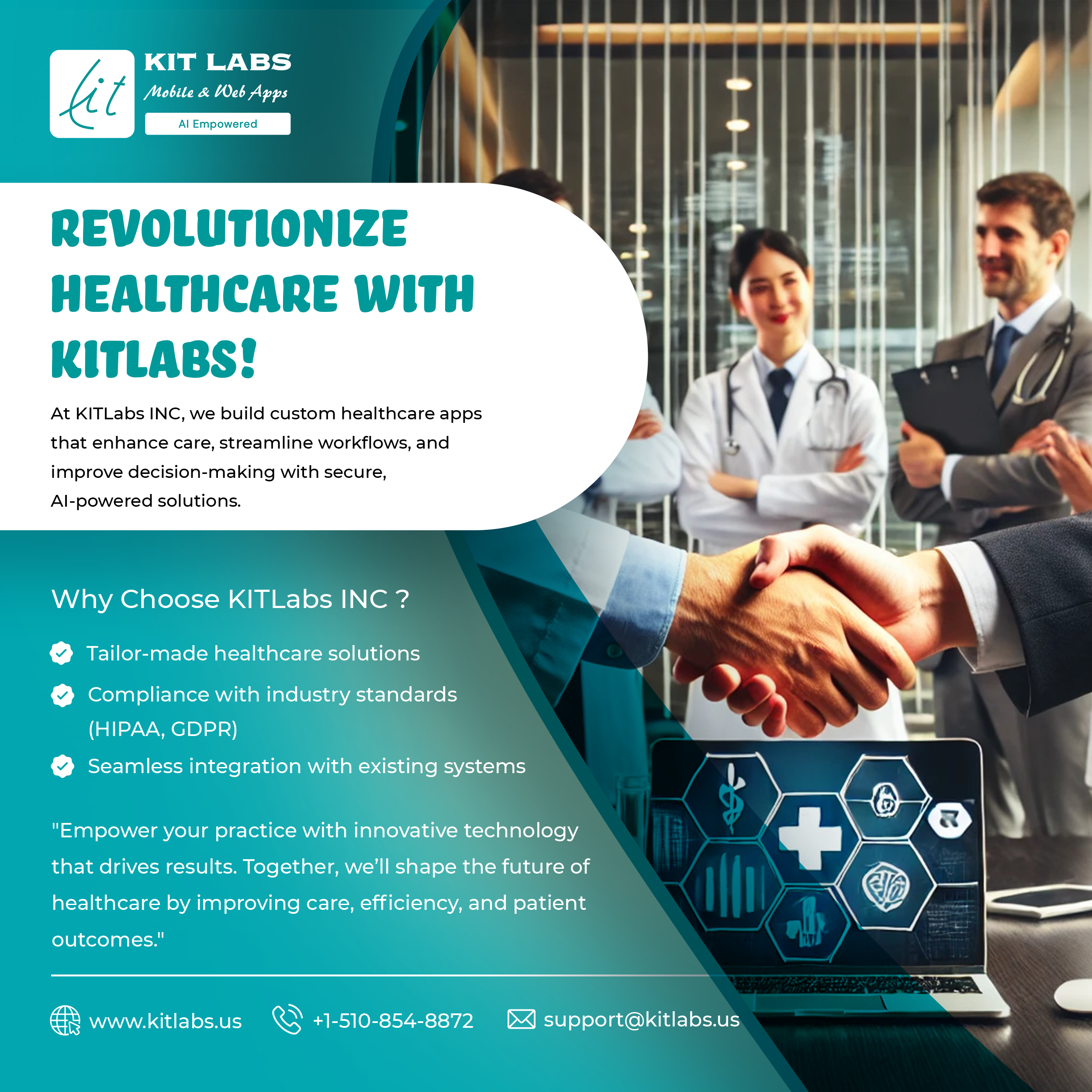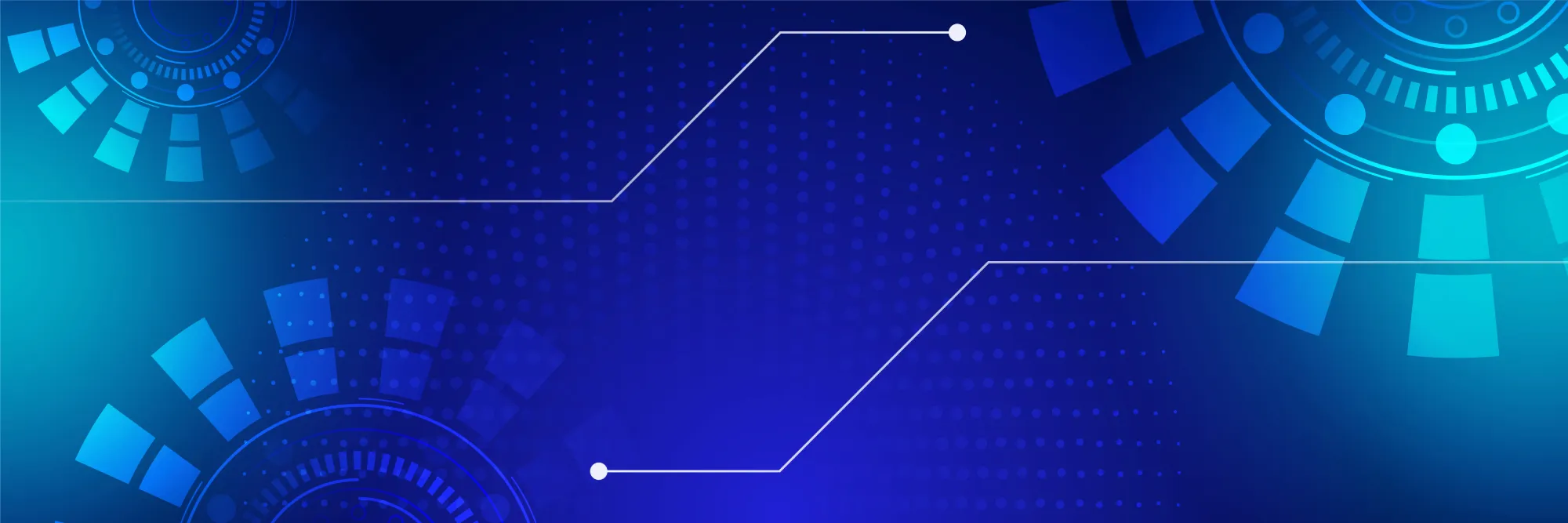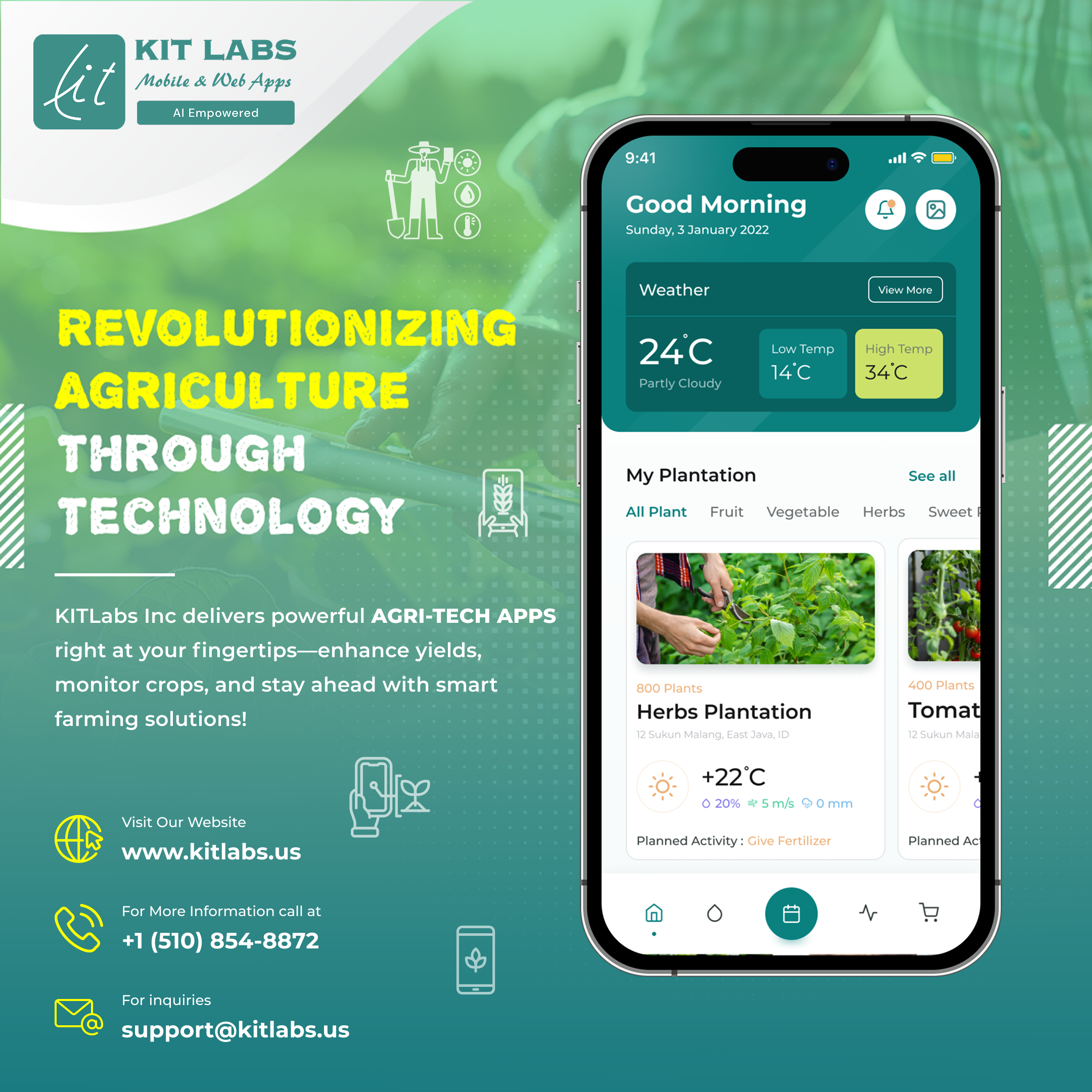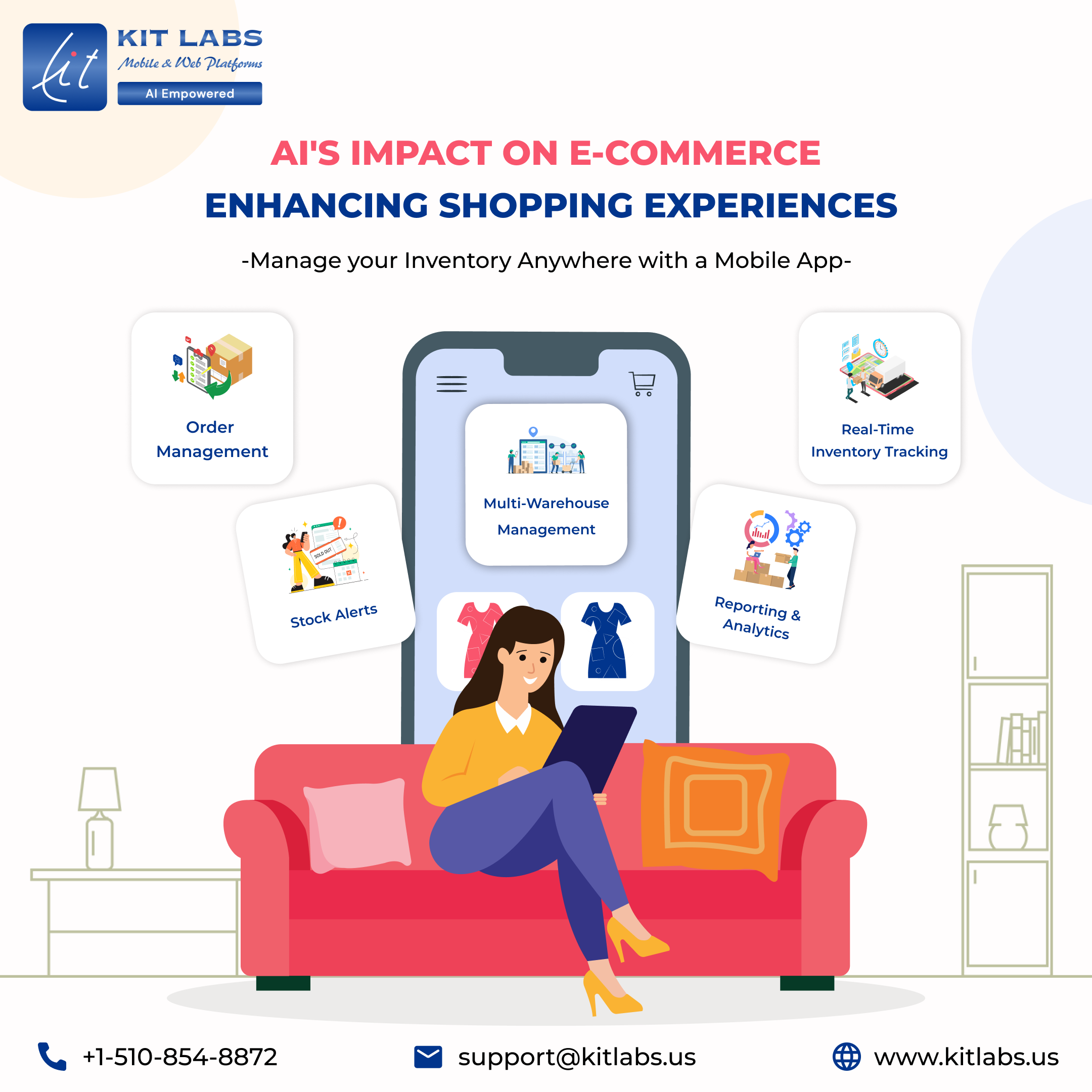
From Paperwork/Sheets to Automation: How Caregiving Mobile Apps Improve Efficiency
Introduction
Caregiving has always been a demanding profession, requiring meticulous record-keeping, coordination, and communication. Traditionally, caregivers and caregiving agencies relied on paper-based systems or spreadsheets to manage patient care, schedules, and medical histories. However, with advancements in healthcare mobile app development, the industry is experiencing a significant transformation. Caregiver mobile apps are streamlining processes, improving efficiency, and enhancing patient outcomes.
This blog explores how digital automation is revolutionizing home care assistance and why investing in patient management mobile apps is crucial for caregiving agencies today. KITLABS INC is at the forefront of this transformation, offering cutting-edge solutions for caregivers and healthcare providers.
The Challenges of Traditional Caregiving Methods
Before diving into how healthcare software applications are transforming the industry, let’s look at some of the key challenges caregivers faced with traditional methods:
- Time-Consuming Documentation: Manually recording patient details, medication logs, and care schedules consumed valuable time that could be spent on patient care.
- Risk of Errors: Misplacing files, misreading handwritten notes, or making calculation errors in medication dosages posed serious health risks.
- Lack of Real-Time Communication: Caregivers often struggled with relaying real-time updates to doctors, families, or care teams, leading to inefficiencies in decision-making.
- Limited Access to Medical History: Finding and retrieving patient records quickly was difficult, particularly in emergencies.
- Scheduling Conflicts: Managing shifts, home visits, and medical appointments manually often resulted in mismanagement and scheduling errors.
With these challenges in mind, let’s explore how caregiver mobile apps are addressing these issues through digital transformation.
How Caregiving Mobile Apps Improve Efficiency
1. Digital Record-Keeping for Seamless Management
One of the biggest advantages of patient management mobile apps is the ability to store and access patient records digitally. This eliminates paperwork and ensures accurate, up-to-date information is readily available.
- Caregivers can log vitals, symptoms, and treatment updates in real-time.
- Cloud-based storage allows for secure and easy access from any location.
- AI-driven insights help track patient progress and predict care needs.
2. Real-Time Communication & Coordination
Virtual healthcare app development has introduced features like in-app messaging, video calls, and automated alerts, enabling caregivers, patients, and medical professionals to stay connected.
- LiveHealth Online mobile apps facilitate virtual consultations with doctors.
- Automated alerts notify caregivers about medication schedules or upcoming appointments.
- Family members receive real-time updates on their loved one’s health condition.
3. Automated Scheduling & Appointment Management
With the integration of online doctor appointment apps, caregivers can schedule, modify, and confirm patient appointments effortlessly.
- Care teams can sync calendars to avoid scheduling conflicts.
- Patients can book appointments via mobile apps, reducing administrative workload.
- Reminders and notifications prevent missed visits or delays in care.
4. Remote Health Monitoring & Telemedicine Integration
Many healthcare mobile app development solutions include remote monitoring features that allow caregivers to track patient vitals and symptoms from afar.
- Wearable device integration helps monitor heart rate, blood pressure, and glucose levels.
- AI-driven alerts notify caregivers of health anomalies before they become emergencies.
- Virtual healthcare app development allows doctors to assess and diagnose patients remotely, reducing hospital visits.
5. Enhanced Medication Management
Medication mismanagement is a major issue in home care. Caregiver mobile apps help by:
- Setting up automated medication reminders.
- Providing detailed dosage instructions.
- Tracking medication adherence to ensure patients follow prescriptions correctly.
6. Improved Billing & Payment Processing
Administrative work like invoicing, insurance claims, and billing can be streamlined with healthcare software applications.
- Digital billing reduces paperwork and processing errors.
- Integrated payment gateways allow for seamless transactions.
- Caregivers can track hours worked, services provided, and client payments in one place.
The Future of Caregiving: AI & Automation
As technology continues to advance, the future of home care assistance will be further enhanced by AI and automation. Here’s what’s on the horizon:
- AI-Powered Predictive Analysis: Machine learning algorithms will help predict patient health deterioration, allowing for proactive care.
- Voice-Activated Assistance: Hands-free operation for caregivers to update records and set reminders via voice commands.
- Enhanced Data Security: Blockchain technology will ensure secure and tamper-proof patient records.
- Personalized Care Plans: AI-driven insights will tailor care plans based on individual patient needs and histories.
Conclusion
The shift from manual record-keeping to digital automation in the caregiving industry is revolutionizing how care is delivered. Caregiving mobile apps offer efficiency, accuracy, and improved patient outcomes. Whether it’s patient management mobile apps, online doctor appointment apps, or virtual healthcare app development, technology is making caregiving more effective than ever before.
For caregiving agencies looking to enhance their services, investing in healthcare mobile app development is no longer an option—it’s a necessity.
Looking for a customized caregiver mobile app solution? Contact KITLABS INC today and take your caregiving services to the next level!






